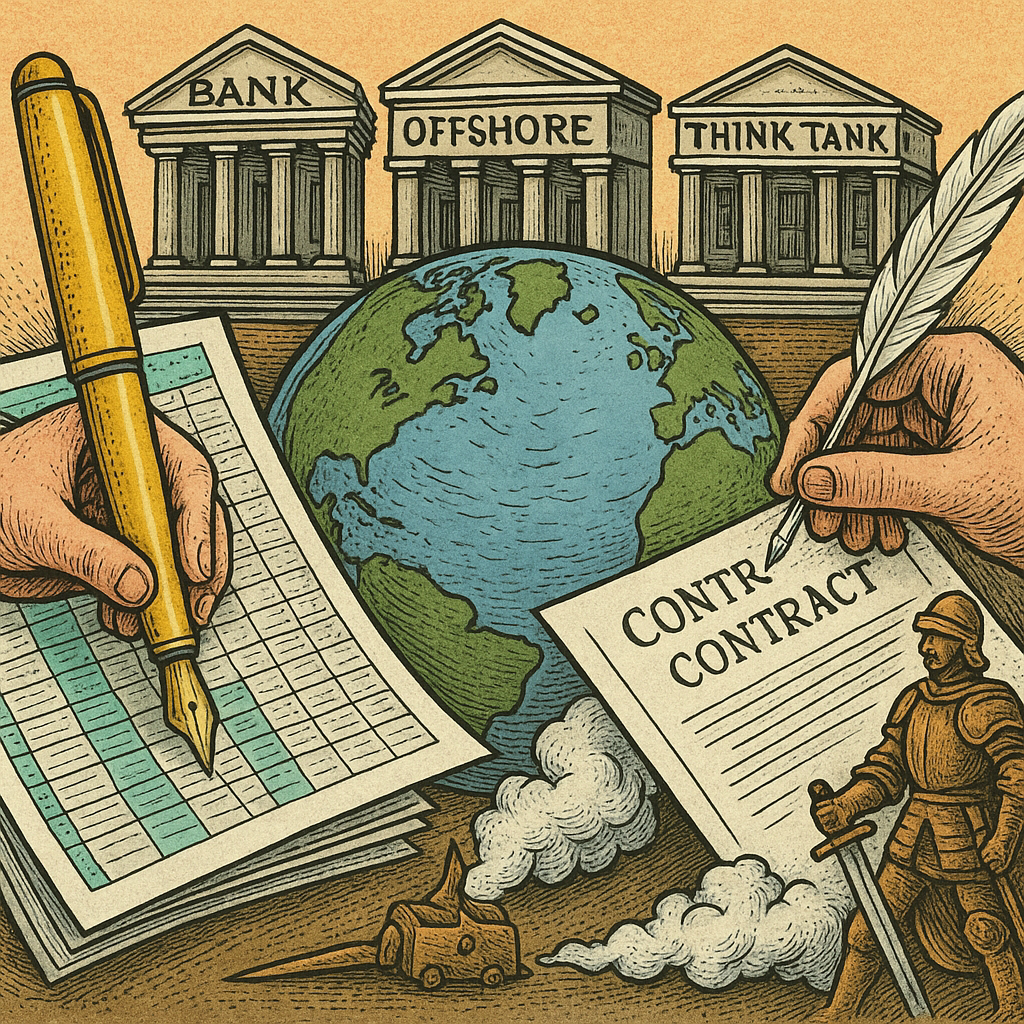Banks often trade at less than book value, ie the market cap is below the book value, book value is assets minus liabilities.
So the questions today are: why do banks often trade below their book value and are NatWest shares currently a bargain or is NatWest a value trap?
In general, banks may trade below book value for many reasons. Geopolitical uncertainties that threaten global peace and the price of oil, is one factor. Investors are uncertain about the quality and valuation of the bank's assets - its loans, securities, or derivatives. Banks face many risks - credit risk, interest rate risk, regulatory risk. Then there are macroeconomic conditions, such as interest rates, economic growth, and inflation, that can influence a bank's profitability and so its market valuation. As to the regulatory environment around operations and capital requirements, these may limit the bank's ability to generate high returns on equity.
The special problem at this time is how the sudden rise in interest rates and promise of "higher for longer" has impaired the quality of bank loans and reduced their valuation. Not just banks but insurance companies too insurance companies try to match their future liabilities with future income from safe and stable assets usually government bonds but owing to the very low interest rate regime insurance companies have had to move into the equities and derivatives market in order to do this matching.
Today, let's look at just one factor: derivatives trading. This is not widely understood and so often overlooked. Typically, of a bank's total earning, half or more would come from the interest on making loans, while another 25% might come from derivatives trading.
When you look at the amounts the bank puts at risk from this trading, they are totally crazy, and can be as much as 50 times the bank's market cap.
What are derivatives? What is hedging? Derivatives are just agreeing a future price on for example a commodity like wheat, old as the hills this was farmers securing next year's income, and then when the time comes the differences are settled and someone wins it all and someone loses it all. A bank will buy a bunch of assets that it considers are ever so slightly undervalued and then it will hedge its bet by shorting similar assets that it considers slightly overvalued; and it will wait for those differences, or valuation gaps, to close and pocket the money. That is how hedge funds use derivatives to make money.
That sounds risky, who can predict the weather? Uncertain, even though the differences between the future price and the present price may be quite small.
But that's nothing risky. What really makes it risky is that because those differences are so small, the banks weigh in really heavily using borrowed money to magnify their expected gain - this kind of leverage makes for a hugely risky game, one that can produce spectacular gains or of course catastrophic losses.
What leverage multiplier? LTCM Long Term Capital Management is the usual quoted example. It leveraged 25 times so its market cap of four billion was turned into a bet of a hundred billion, which it could have lost, which would have devastated its creditors and its lenders and brought down the system. Lehman brothers went bankrupt when the government allowed the sub-prime crisis to collapse Lehman bringing on the 2008 financial crisis. Its leverage was 30 to 1. Thirty to one. Just consider that, set in the context of "too big to fail" and "moral hazard". The profits are pocketed but the losses are mutualised with taxpayers.
Risks at that level explain why banks often trade at below par and especially at this moment in the financial system where everything seems to be going pear-shaped...
But as Joseph Wang said today,
https://youtu.be/TU423lhdNng?si=UMrUHyaN42lAfgrD
things seem to be past their worst, in which case those Natwest shares, now trading at 72% of book value, may be very cheap indeed! And compared with their peers, this is cheap.
NatWest's 3rd quarter revenues and earnings missed analysts' expectations by 3.3 and 3.8 pc, and earnings are expected to decline by 5.8pc per year for the next three years, but were impressive - revenue up 9.3pc, net income up 64pc, EPS 10GBp as against 5.9 3Q2022, profit margin 29pc up from 20pc a year earlier - mainly from the higher revenue. PEG 5-yr expected is just 0.38.
The share price declined 17pc on these results, leaving the stock trading on a forward PE of 4x as against 5x in the UK banking industry. Total returns to shareholders have been 68pc over the past three years.
The current yield is 8.5%, 15.5 GBp, as against an average of 6pc for banking as a whole, on a payout ratio of just 31pc, EPS were 52 GBp. An unreliable divi record, though applying the same payout ratio, are forecast to reach 11.3pc in three years.
Luke Gromen tells a very different story from Joseph Wang,
https://youtu.be/jJ3ajrsz-IY?si=TNzvRfoy9no-8oPq
He argues that the bond market will collapse (ie the entire economy) if the US dollar and oil remain high.
Impossible to say whether NatWest shares are a buy or an avoid with all this uncertainty, but in general financials are not a part of the economy where many contrarian analysts would choose to be, better to be in hard assets, precious metals, commodities, manufacturing possibly, industries connected with renewal of infrastructure and utilities.









0 comments:
Post a Comment
Keep it clean, keep it lean